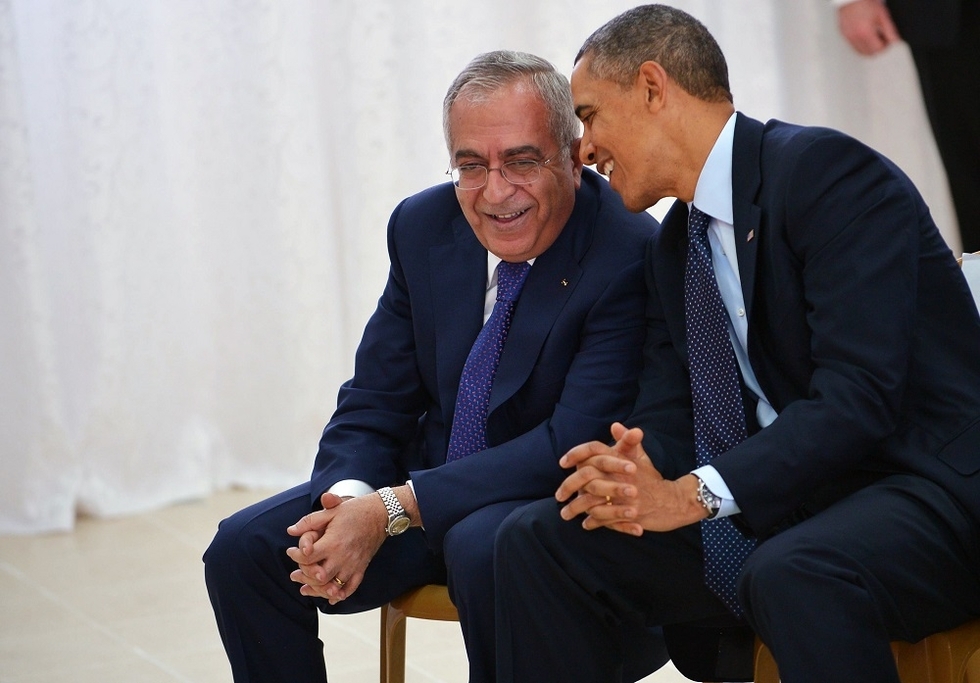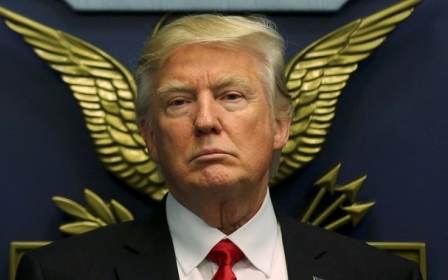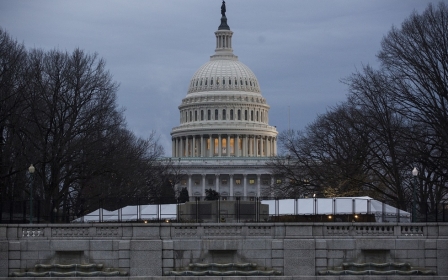US blocks appointment of former Palestinian PM as UN envoy to Libya

The United States on Friday blocked the appointment of former Palestinian prime minister Salam Fayyad to be the new UN envoy to Libya, diplomats said.
US ambassador to the UN Nikki Haley hinted that Washington rejected Fayyad for his nationality, not character.
Although the former Palestinian PM would have addressed a conflict unrelated to Israel, Haley issued a statement on Friday accusing the UN of being "unfairly biased in favour of the Palestinian Authority to the detriment of our allies in Israel".
She said the United States was "disappointed" to learn about Fayyad's appointment.
"The United States does not currently recognise a Palestinian state or support the signal this appointment would send within the United Nations," the statement reads.
UN Secretary-General Antonio Guterres had informed the Security Council this week of his intention to name Fayyad to lead the UN support mission in Libya and help broker talks on a faltering political deal.
The UN chief gave the council until late Friday to consider the choice and the US came forward to object.
Fayyad, 65, was prime minister of the Palestinian Authority from 2007 to 2013 and also served as finance minister twice.
He had been tapped to replace Martin Kobler of Germany, who has been the Libya envoy since November 2015.
Fayyad's appointment had come amid diplomatic negotiations over changes to a UN-brokered political deal that led to the formation of Libyan Prime Minister Fayez al-Sarraj's unity government.
The Sarraj government was installed in Tripoli last year, but has failed to assert control further east, where strongman General Khalifa Haftar holds sway.
Kobler told the Security Council on Wednesday that talks on "possible amendments" to the political agreement were making progress.
It was the first major appointment by Guterres of a special envoy to a conflict area since he became UN chief on 1 January.
US President Donald Trump and Ambassador Haley have criticised the UN for adopting a resolution in December that demanded an end to Israeli settlement building.
Haley has vowed to defend Israel's interests at the world body.
“Nowhere has the UN’s failure been more consistent and more outrageous than in its bias against our close ally Israel,” Haley told US senators during her confirmation hearing last month.
Middle East Eye propose une couverture et une analyse indépendantes et incomparables du Moyen-Orient, de l’Afrique du Nord et d’autres régions du monde. Pour en savoir plus sur la reprise de ce contenu et les frais qui s’appliquent, veuillez remplir ce formulaire [en anglais]. Pour en savoir plus sur MEE, cliquez ici [en anglais].




